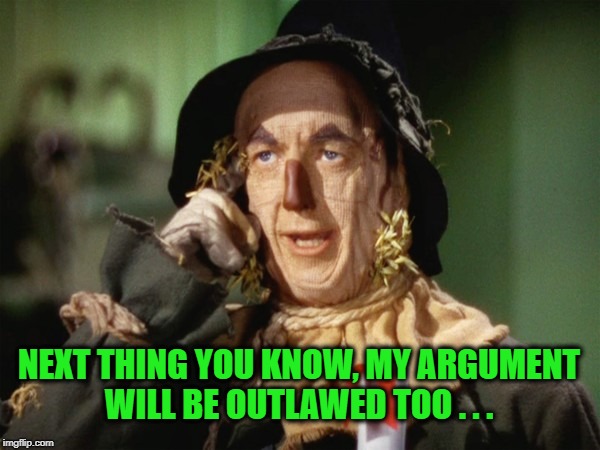In my experience it was an issue.

I ran a long time 1e game with a big core group who mostly were there a bunch but also some people who were there every once or twice a year or couple of years. Everyone was different levels pretty soon due to the different xp charts, multiclassing, ability score xp bonuses, and not being there for 100% of everything but the core group was all within two or later three levels of each other even with the ranger betraying his nature god and losing a level as he turned non-good and now a fighter.
Then someone is in town and shows up who has not been there for three years, and I have basically four options.
1 Play their old much lower level character who is way below the current module guidelines.
2 Play the old character but level him up some.
3 Make a new character who is at the party level or whatever the guideline for new pcs we are using (lowest active PC's xp amount, that amount but one level lower, or whatever).
4 play an NPC for the game.
I don't really want the guest experience with our group to be playing a second level character as the otherwise high level group goes through the frost giants or whatever.



